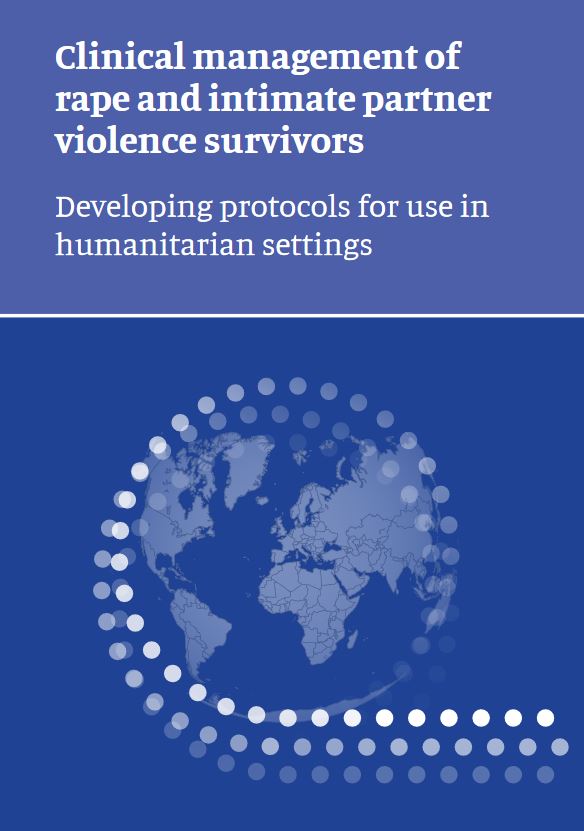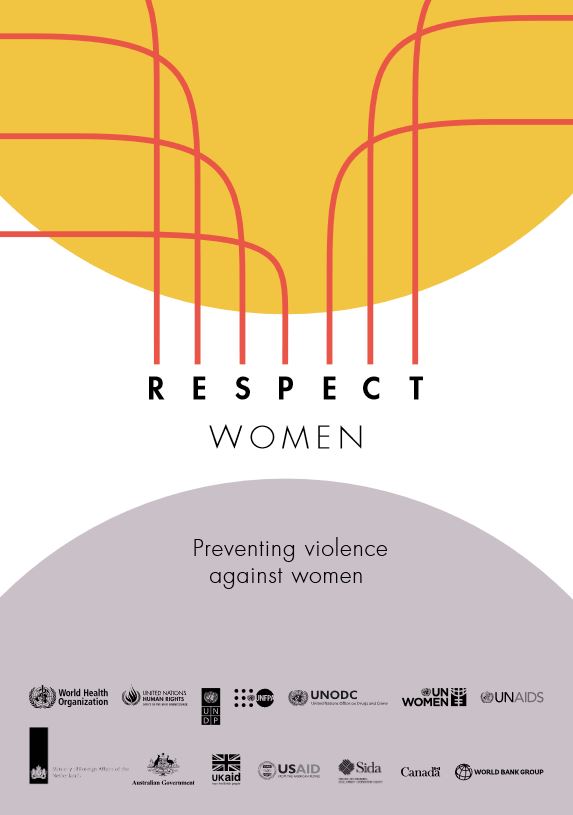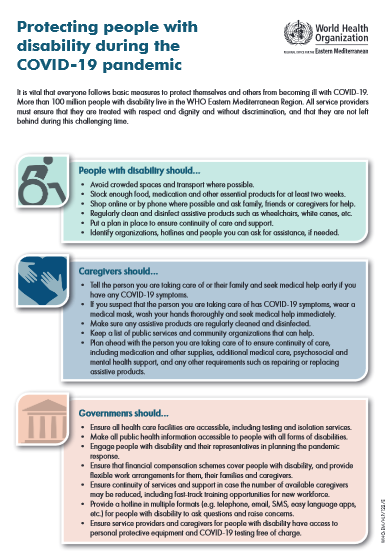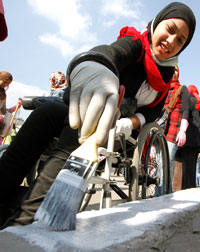 Disability shouldn’t prevent people from enjoying a productive and normal life3 December 2012 – Over the past decades, a paradigm shift has occurred in the understanding of disability from the medical approach to the social and rights-based approach. The momentum created by the global disability movement culminated in the global endorsement of the United Nations Convention on the Rights of Persons with Disabilities, which came into force in 2008. For the first time, the human rights of persons with disabilities are explicitly recognized and outlined whether civil, cultural, political, social or economic.
Disability shouldn’t prevent people from enjoying a productive and normal life3 December 2012 – Over the past decades, a paradigm shift has occurred in the understanding of disability from the medical approach to the social and rights-based approach. The momentum created by the global disability movement culminated in the global endorsement of the United Nations Convention on the Rights of Persons with Disabilities, which came into force in 2008. For the first time, the human rights of persons with disabilities are explicitly recognized and outlined whether civil, cultural, political, social or economic.
Despite changing perceptions of disability, persons with physical disabilities still face many barriers that impede their participation in the community. Barriers may be in the form of the physical environment, related to inaccessible information and communication, result from legislation and policies or arise from prevailing social attitudes.
In recognition of this situation, this year the International Day of Persons with Disabilities, marked every year across the world on 3 December, has adopted the theme “Removing barriers to create an inclusive and accessible society for all”.
The World Report on Disability, jointly published by WHO and the World Bank in 2011, informs us that about 15% of the world’s population, or one billion people, live with some form of disability. These estimations mean that approximately 87 million persons live with disabilities in the Eastern Mediterranean Region.
It is only through inclusion and mainstreaming of persons with disabilities in all life and development aspects, that humanity can achieve its major development targets, namely the Millennium Development Goals (MDGs).
If persons with disabilities are provided with the same opportunities as other social groups, and are empowered to overcome the barriers they face, this will result in huge benefits to individuals, families and communities. Investment in health, rehabilitation, educational inclusion and barrier removal can reduce costs, by making people independent and productive. The goal is to ensure that all aspects of human environments are fully inclusive and accessible to everyone, regardless of their level of functioning.
These actions will contribute to reducing poverty and achieving the inclusion of persons with disabilities in society, while taking into account the diversity of cultural backgrounds and levels of development in different countries and communities.
Related links
More information is available on the United Nations ‘Enable’ homepage





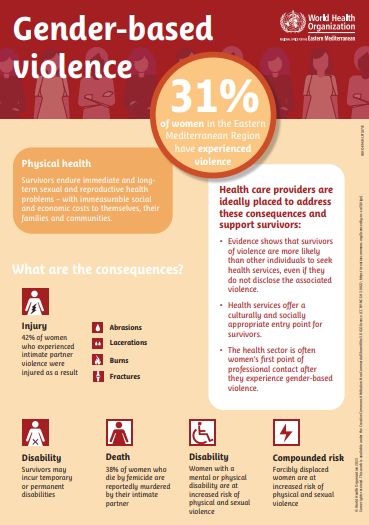
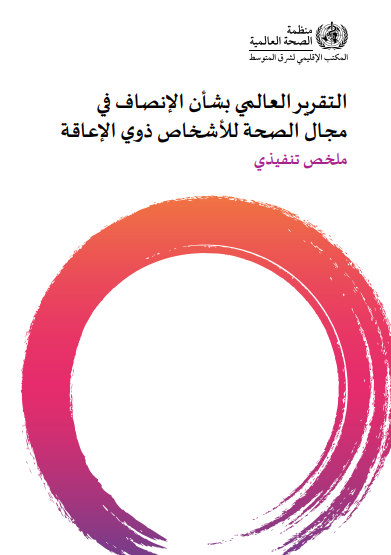
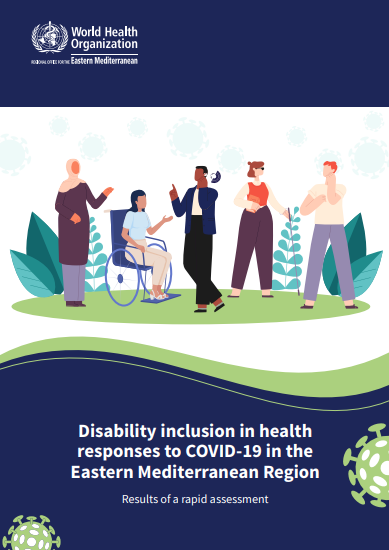
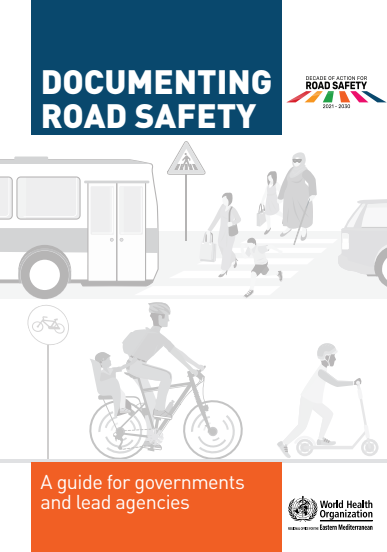 Documenting road safety: a guide for governments and lead agencies
Documenting road safety: a guide for governments and lead agencies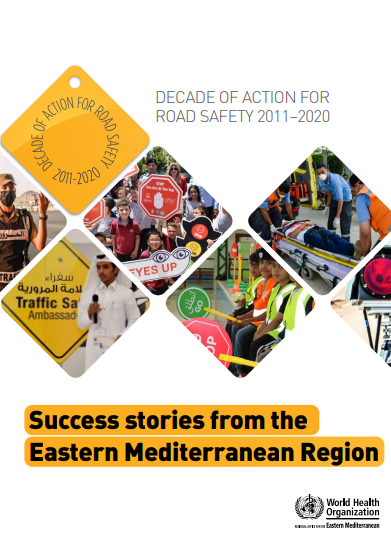
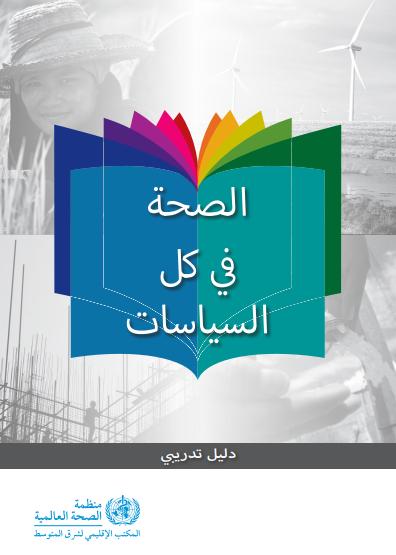

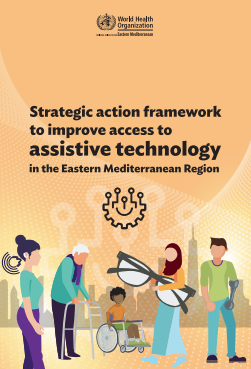 Strategic action framework to improve access to assistive technology in the Eastern Mediterranean Region
Strategic action framework to improve access to assistive technology in the Eastern Mediterranean Region